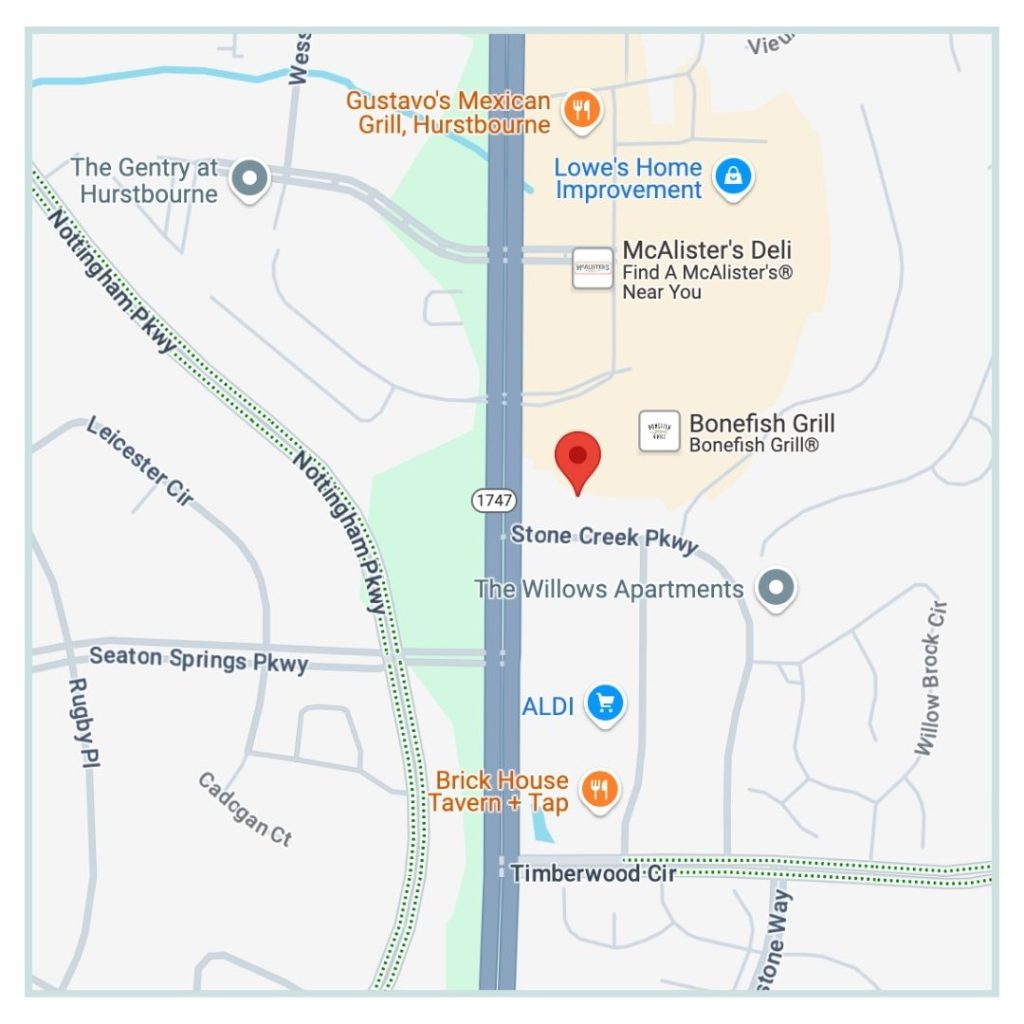Probate is essentially the legal process of estate administration that takes place when someone passes away. Probate administration settles the debts and taxes of the decedent’s estate, and where directed, distributes inheritances and gifts. Whether there is a will or not, probate will take place except in some cases where the estate is very small, or where an estate plan has funneled assets out of the estate.
The three basic steps involved in probate in Kentucky are:
- Filing the petition in the district in which the decedent resided. If there is a valid will, the original will must be submitted. Kentucky’s succession laws take over if the deceased died intestate.
- The filing of inventory of the estate by either the executor or the personal representative within two months.
- The final settlement in which the executor files an accounting of payment of debts and taxes, as well disbursements related to the estate.
Probate is expensive and can be complicated in the distribution of assets, payment of debt and taxes. As draining as the death of a loved one is on the family, dealing with probate adds an added layer of stress. An experienced elder law attorney can help guide you through the steps to avoid or minimize probate as part of your estate planning.
Can I minimize probate?
There are important steps that you can take that will avoid the time and expense of probate in the future, including:
- Setting up a trust in which you are the named beneficiary. By assigning a trustee to administer the trust and making yourself the beneficiary, you can have access to your assets while avoiding probate administration in the future.
- Joint ownership, whether of the family home, other property deeds, investments or bank accounts, will transfer your assets to the joint tenant with rights to survivorship, which is usually the surviving spouse. While this avoids probate, there are potential tax implications to this method.
- Having beneficiary designations on life insurance, IRA, annuity, pension or 401k accounts can funnel your assets directly to your beneficiaries without the need for probate administration. Payable on death (POD) and transfer on death (TOD) bank accounts transfer cash gifts to beneficiaries when you pass away.
- A revocable living trust in which you designate the trust as the beneficiary will avoid the taxes associated with probate.
Finding the right fit for your financial needs and those of your family is all a part of comprehensive estate planning. It is better to start this process early in order to plan for the future.





